SUBJECTS
-
Management & Economics
-
Food Design Management
Food design is a concept that should be discussed not only from the physical points of view like shape, color or taste, but also from its corporate and product values with the aim of profit improvement. Through design, students try to capture the overall image of profit structure, business models and operations.
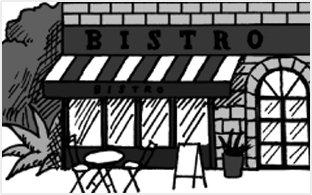
-
Distribution Management
Delivery refers not only to the actual product item transportation but also to information exchange and transactions. Distribution plays an important role in the food industry economy by connecting production and sales. It encompasses the overall activity to bring a product to the consumer. In this course, students will examine the whole scope of food distribution from multiple perspectives.
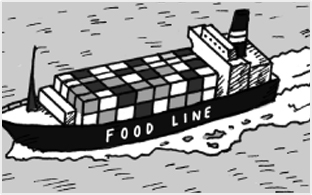
-
International Economics
Students will learn the role and prospects of international trading in food production and consumption based on the understanding and analysis of several concepts on basic international economy theory. They will also examine the international food flow including goods, services and capital, as well as the international activities of companies such as trade, global fund transactions or foreign exchange.
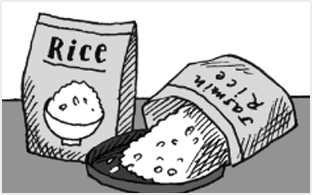
-
Marketing Management
In this course, basic theory concepts of marketing management like mass marketing, market segmentation or brand management will be discussed. Students will acquire marketing management knowledge focusing on actual scenarios that real companies face while trying to connect theory and practice.

-
-
Culture & Humanities
-
Cross-cultural Studies of Food and Gastronomy
Food is useful to understand the society and culture of a particular region in a more comprehensive way, as well as some other aspects like how different cultures interact towards globalization, conflicts and group cooperation on environmental issues. Students will look into anthropology focusing on cultural aspects such as human life, philosophy and behavior based on the idea of "food is culture."
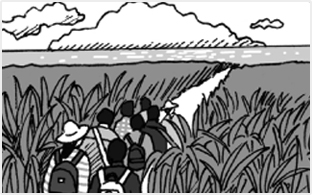
-
Geography of Food
This course analyzes food through a "mapping" approach. Students will not only look into the culture and economy of agriculture and food firms, but also the natural and social environments, politics, international relations and the link between eating habits and values.
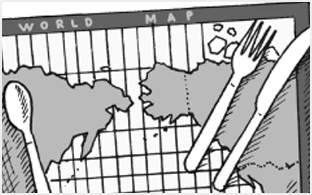
-
-
Science & Technology
-
Sensory Evaluation
To develop food and beverages product is required to deeply know human's sensitivity and preferences in multiple aspects, as well as physical and chemical techniques. Students will understand the link between human senses and preferences while acquiring a wide range of knowledge necessary for sensory evaluation and other methods of qualitative analysis.

-
Food and Health
In this course, students will learn dietary life from a health management perspective. For example, students will understand the link between nutrition, eating habits and health, as well as all the information related to health and nutrition, and thoughts on food intake risks. In addition, students will also examine the health-related food industry in our current aging society.

-
-
Other Subjects
-
Integrated Courses for Gastronomy Study I (Food and Economy in Japan)
Students will look into Japanese food culture from an economic point of view. The reason Japanese cuisine is registered as a UNESCO intangible cultural heritage is because Japanese people have well-regarded eating habits connected with the idea of "honoring the nature". On the other hand, market-oriented economics and cultural phenomena like the popularity of Western food in Japan or the most common Japanese food consumed overseas will also be analyzed. Students will comprehensively understand the facts and phenomena in food and economics.

-
Integrated Courses for Gastronomy Study Ⅱ (Globalization and the Food Business)
Food business is the industry that is expected to grow more quickly in international economy. This industry involves different conditions like import, export, tourism, cultural exchanges, natural conditions, legal affairs, negotiation culture and logistics. Students will understand each national and regional food culture, geographical and historical conditions while obtaining the knowledge required for practical problem-solving skills.

-
Integrated Courses for Gastronomy Study II (Current Business of Food)
Food is one of the industries with greatest growth expectations in international economy. Because of this, there is a need for constant technological innovation among high competition in the market. This course invites a lecturer directly involved in the industry to discuss the current state of food business and the challenges the industry will be facing.

-
